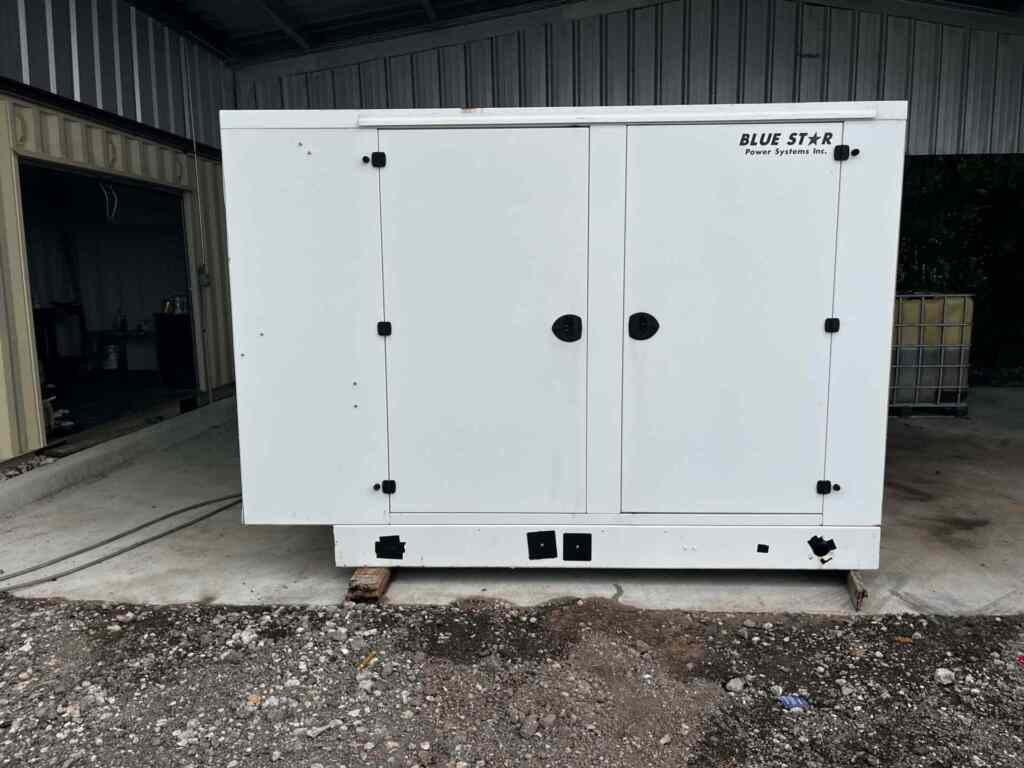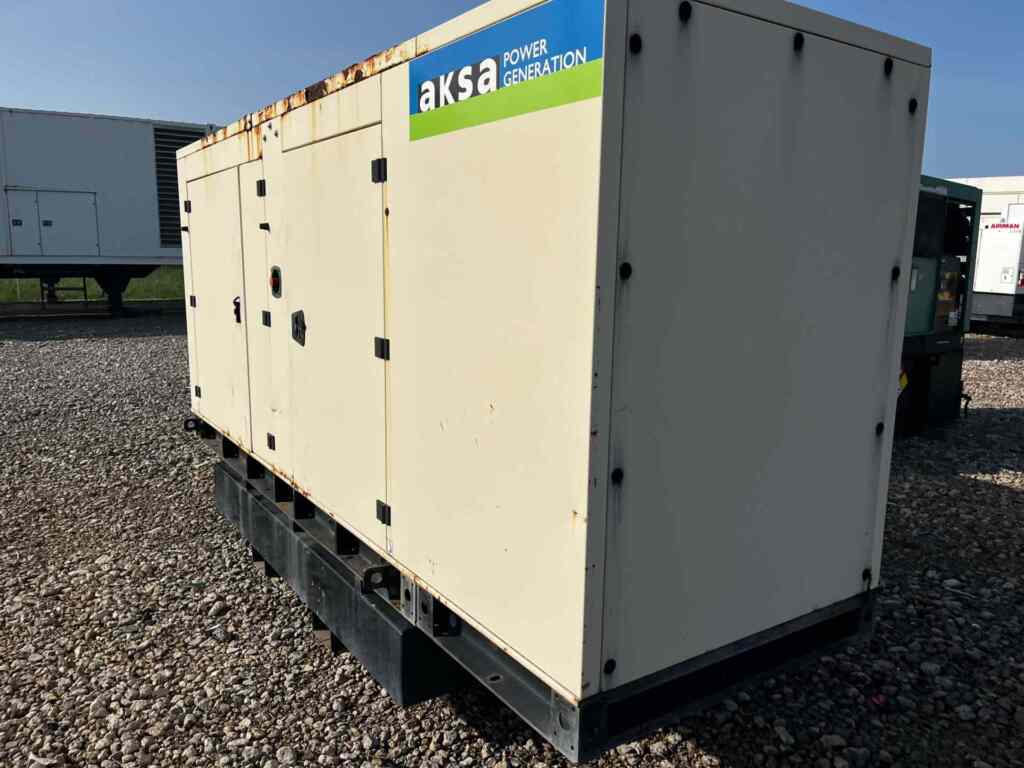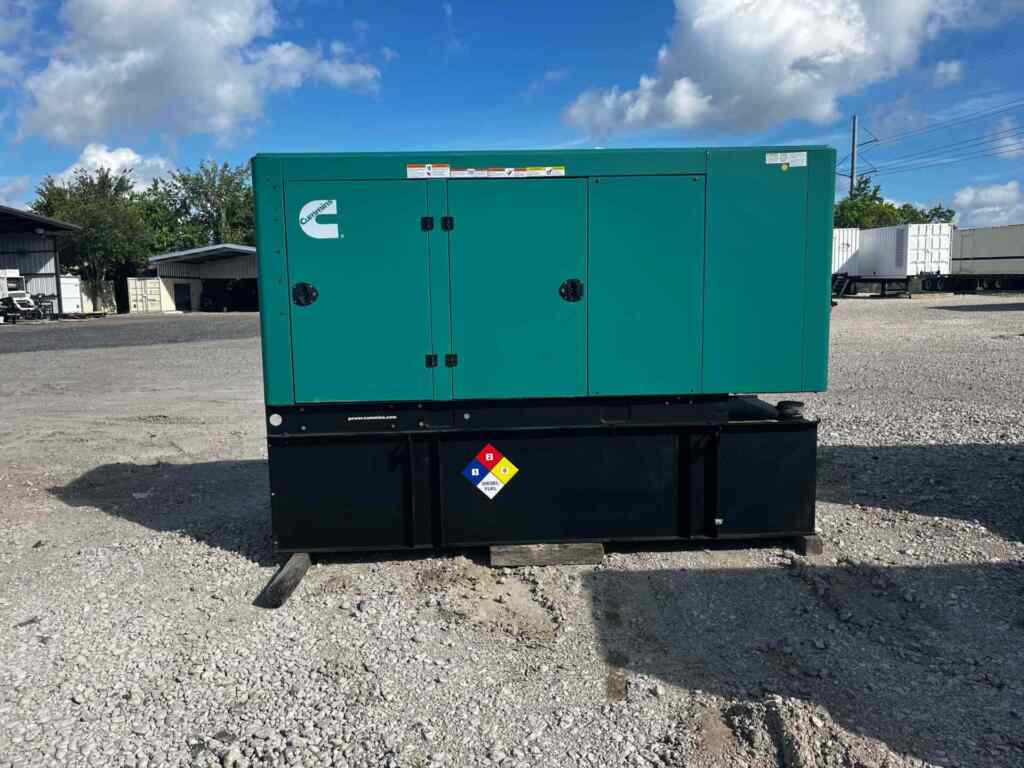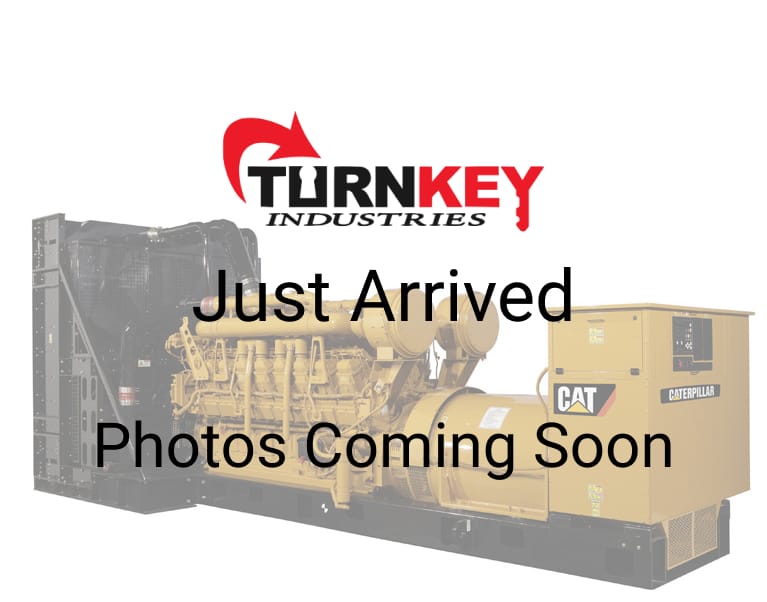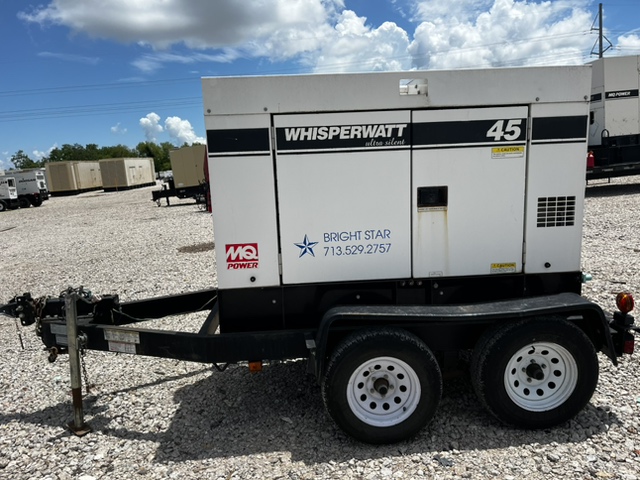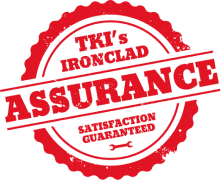A commercial generator can provide your business with the backup power source it needs in the event of a power outage. These machines are critical to keeping your business up and running while experiencing minimal losses during a natural disaster or other power failures. Whether powering a storefront or keeping a construction job moving, commercial generators provide a key power solution for a variety of industries. But how much does a commercial generator cost? There are many factors to consider before you invest in such an expensive piece of equipment. Keep reading for the rundown on these incredible tools.
Determine How Much Generator You Need
 Proper industrial generator installation ensures reliable backup power for factories, data centers, and construction sites.
Proper industrial generator installation ensures reliable backup power for factories, data centers, and construction sites.A commercial generator is an invaluable investment, but it does require a significant capital outlay at the start. Depending on how much power you need to generate in an emergency situation, a complex, high-wattage commercial generator can cost anywhere from $10,000 to $25,000, and even more. While this price tag may cause sticker shock, it is important to remember that commercial generators are very durable and if properly maintained can last many years. Another thing to consider is that the loss to your business during a power outage could cost as much – if not more – than a properly installed generator.
First things first – to answer how much a commercial generator will cost, you need to determine what size generator you need for reliable backup power for your business. Generators are sized in kW or kilowatts, so a 10kW generator will produce 10 kilowatts of power. Calculate the anticipated electrical loads of equipment you need to keep running during a power outage in order to determine the proper generator size for your needs. A qualified generator installer can help you make this calculation and estimate the cost of the generator as well as its installation.
A good rule of thumb when estimating the cost of a commercial generator for your facility is that you can expect it to cost between $300-$450 per kW. However, a brand name can affect the pricing of a commercial generator, as well as any warranty and service plans offered by the dealer from which you purchase your generator.
For example, 65 kW generators are a popular choice for businesses that require a dependable power supply for mid-sized operations. These units offer a strong balance between capacity and fuel efficiency, making them ideal for construction sites, medical facilities, and commercial buildings.
Additional Costs To Consider With A Generator Purchase
Once you estimate how much a commercial generator will cost at the outset, it’s also a good idea to take into consideration additional costs that come along with your purchase. These costs include installation, fuel source, and preventive maintenance.
When budgeting for a commercial backup generator, it’s crucial to look beyond the initial purchase price to understand the full scope of costs. While the commercial backup generator cost might be the most substantial single expense, installation can add significantly to the total. Installation costs vary depending on the size of the generator, the complexity of the electrical work, and local building codes. Additionally, the choice of fuel source—whether it’s diesel, natural gas, or propane—impacts both initial and ongoing expenses. This can affect not only fuel costs but also the design and setup of the system. Preventive maintenance is another important consideration, ensuring the generator operates reliably over time. This includes regular inspections, oil changes, and replacement of parts subject to wear and tear. Together, these factors paint a more comprehensive picture of the true cost of owning and operating a commercial backup generator.
Installation
The larger the generator, the more expensive the installation will be. For example, a 10 kW generator with installation may cost around $4,500, while a 22 kW generator with installation can cost up to $10,000. Installation fees can include permits, pouring a concrete pad for the generator (if needed), site preparation, upgrades to the electric panel, and installing a transfer switch to make the generator easy to use.
Fuel source
Commercial generators operate on diesel, natural gas, or propane. This won’t affect your purchase price, but it will affect the cost of purchasing and storing the fuel and the cost of running the generator. This is something to consider before you make your final purchase.
Preventive maintenance
Preventive maintenance will protect your investment and save you money in the long run by keeping your generator working for many years to come. However, it is an expense you will have to factor into your budget.
- Weekly maintenance – exercise your generator without a load for 30 minutes to make sure no alarms or alerts appear and that the engine is running normally.
- Monthly maintenance – check your oil and coolant levels, starting battery voltage, drive belt tension, and drain any exhaust condensation.
- Quarterly maintenance – exercise your generator at full capacity for 20 minutes so that the lubricant heats up to operating temperature and can circulate throughout the engine.
- Bi-annual maintenance – change your generator oil, oil filter, coolant filter, air filter, and fuel filter, and clean the crankcase breather.
- Annual maintenance – clean your entire cooling system and inspect all components for damage, leaks, condensation, and loose connections. Replace cracked hoses, corroded connections, or other worn-out parts.
- Every three years – have a professional technician inspect the generator; check and clean the air cleaner units and inspect the fuel system for leaks; and replace drive belts, fan drive belts, batteries, and coolant.
Is A Commercial Generator Worth The Cost?
If you weigh the cost of a commercial generator against the amount of revenue you could lose during a power outage, you may be surprised to find out that a generator can pay for itself simply the first time you use it! If your business can remain open when others shutter their doors, you will be able to continue serving customers without a loss of revenue. And, if you are a business that relies on refrigeration, having a standby generator means your assets will not be ruined during a blackout! Yes, a generator can be a considerable business expense, but the peace of mind it will give you is priceless.
 Turnkey Industries offers a variety of high-capacity
Turnkey Industries offers a variety of high-capacity 